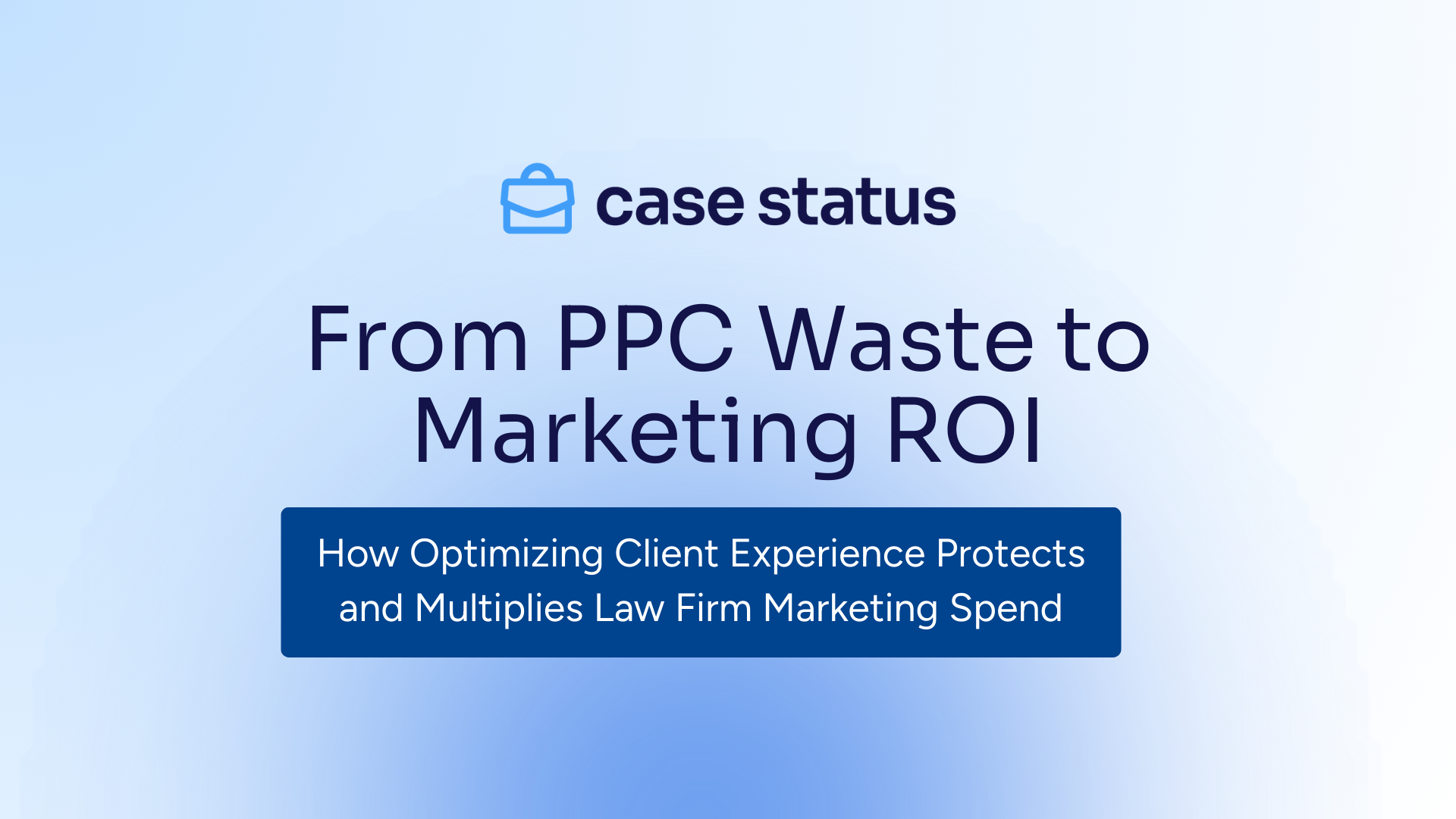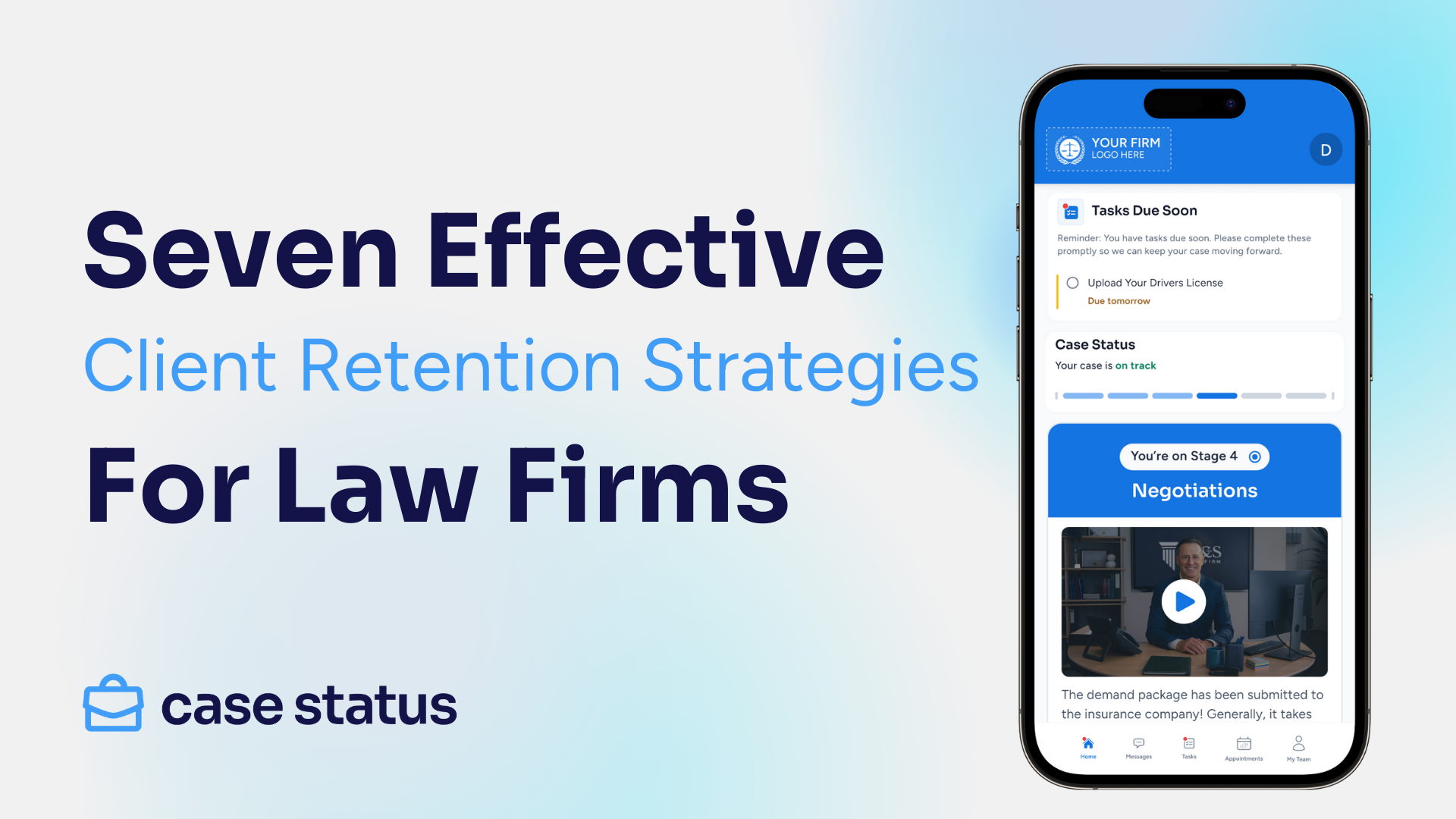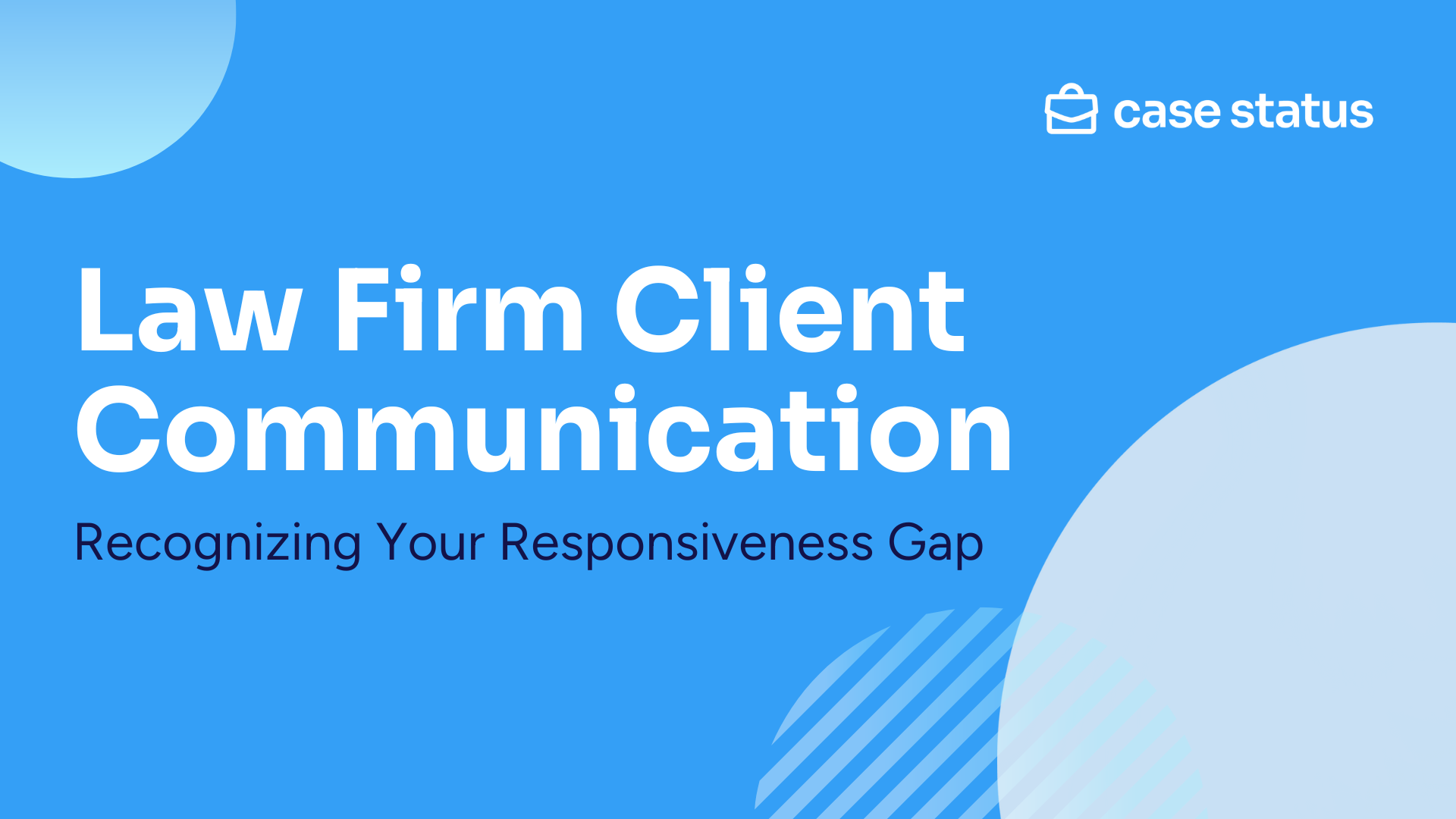
Picture a bustling courtroom, filled with attorneys diligently advocating for their clients, while sophisticated AI systems analyze vast quantities of legal precedents in real-time to support arguments.
Legal AI is becoming increasingly integral to the legal profession.
As of 2023, over 70% of law firms have incorporated some level of legal AI into their operations.
Current Legal AI Capabilities
Today’s AI systems excel in document review, due diligence, and contract analysis, vastly minimizing human error.
In many cases, these systems utilize natural language processing (NLP) to identify relevant phrases, clauses, and precedents, which are pivotal in legal research and compliance.
By leveraging “e-discovery” and “e-disclosure” tools, AI substantially reduces the time lawyers spend on document heavy-tasks.
Learn how to effective use AI with attorney AI prompts
Machine Learning in Legal Research
Machine learning enhances legal research by enabling more precise retrieval of relevant case law. Algorithms parse large datasets to identify critical patterns and correlations.
The legal profession benefits immensely from these advancements, particularly in expediting the research process. Attorneys can now derive insights from vast amounts of data in a fraction of the time.
Machine learning can reduce legal research time by as much as 60%.
Additionally, machine learning facilitates predictive analytics, which offers probabilistic outcomes based on historical data. This capability aids lawyers in formulating more informed strategies, effectively balancing efficiency with accuracy. Consequently, law firms can allocate more resources towards nuanced client interactions and strategic planning.
Document Automation Tools
Document automation tools streamline the creation, assembly, and management of legal documents, enhancing efficiency and accuracy in law firms.
- Template Generation: Enables lawyers to create standardized templates for frequently used documents.
- Clause Libraries: Provides a repository of pre-approved clauses to ensure consistency and compliance.
- Dynamic Document Assembly: Automates the assembly of documents based on client-specific data and requirements.
- Version Control: Manages document revisions, ensuring all changes are tracked and documented.
- E-signature Integration: Facilitates secure and efficient execution of documents, reducing turnaround times.
By automating repetitive tasks, these tools reduce the administrative burden on legal professionals.
Consequently, attorneys can focus more on substantive legal work and client services, enhancing overall productivity.
Adopting document automation tools presents an opportunity for law firms to streamline operations and maintain competitive advantage.
Dig Deeper: Explore how AI can be used for legal document analysis
Limitations of AI in Legal Fields
While AI shows promise in augmenting various legal processes, it lacks the nuanced understanding of complex legal principles, ethical considerations, and case law interpretation that experienced attorneys possess. Moreover, AI systems cannot offer the judgment, empathy, and human intuition essential for client counseling and courtroom advocacy.
Thus, AI's role in the legal domain primarily serves as a supportive tool rather than an outright replacement for legal professionals.
Learn more: Can AI provide legal advice? Explore its limitations
Understanding Nuance and Context
Legal cases often hinge on contextual subtleties.
AI, despite its advances, struggles with grasping this nuance. The human element essential in legal practice involves interpreting the intent behind laws, contextualizing precedents, and understanding the intricacies of human behavior. These subtle factors can significantly influence the outcome of legal matters.
Current AI lacks these skills.
An attorney's expertise in navigating complex statutes or nuanced contract clauses cannot be fully replicated by AI. These tasks require a deep understanding of legal traditions and an ability to read between the lines.
The risk of AI misinterpreting legal texts underscores its limitations in replacing human lawyers. Such technological tools, while useful, cannot substitute the critical thinking and analytical skills honed through years of legal training and experience.
Ethical and Moral Judgments
In addressing ethical and moral judgments, AI lacks the intrinsic human qualities necessary for such nuanced decisions.
- Subjectivity: Ethical dilemmas often involve subjective interpretations.
- Empathy: Human empathy is essential in sensitive cases.
- Moral Responsibility: Distinguishing right from wrong requires human moral reasoning.
- Discretion: Legal professionals apply discretion based on societal values.
AI's capability to simulate ethical judgments is limited by pre-programmed algorithms.
Humans navigate the moral complexities inherent in legal practice, a skill AI cannot replicate.
Roles AI Can Enhance
AI's role in legal research, a cornerstone of contemporary legal practice, offers significant advantages. Leveraging sophisticated algorithms, AI can quickly analyze vast amounts of case law, statutes, and legal opinions, providing attorneys with comprehensive, accurate, and up-to-date information. By automating routine tasks, such as document review and due diligence, AI enables legal professionals to allocate more time to strategic decision-making and client counseling. Additionally, predictive analytics can offer insights into case outcomes, assisting lawyers in formulating more effective litigation strategies. Therefore, AI acts as a powerful tool that enhances a lawyer's efficiency and effectiveness without supplanting their indispensable human expertise.
Predictive Analytics in Litigation
Legal AI-driven predictive analytics revolutionizes how lawyers approach the intricacies of litigation strategy.
Legal professionals can now leverage data-driven insights to forecast potential outcomes, thus enhancing their decision-making capabilities. By analyzing historical data, algorithms can predict trends, identify pivotal case factors, and offer probabilities for various litigation scenarios.
For instance, predictive analytics can suggest the likelihood of success in different jurisdictions or highlight which arguments may resonate most effectively with particular judges. This empowers attorneys to craft tailored strategies that align with quantifiable expectations.
While these tools augment litigators' abilities, they do not replace the nuanced judgment and contextual understanding that human lawyers uniquely provide. Predictive analytics serves as a powerful complement, rather than a substitute, for expert legal counsel.
Efficient Contract Review
AI-powered tools streamline the meticulous process of contract review, dramatically reducing turnaround times while enhancing accuracy and consistency.
These technologies can automatically identify potential issues, flagging clauses that may need closer scrutiny.
AI also assists in comparing contract provisions against regulatory requirements, ensuring compliance with the latest legal standards. By leveraging advanced algorithms, AI tools can detect anomalies and deviations, providing critical insights that human reviewers might overlook.
The integration of AI in contract review enables law firms to deliver faster and more reliable service to their clients. It elevates the efficiency of legal teams by automating repetitive tasks and allowing attorneys to focus on higher-value activities such as negotiation and strategy. However, despite its precision, AI serves as a "partner" to human expertise, not a replacement for the nuanced understanding that seasoned lawyers bring to the table.
Future Prospects and Integration
Looking ahead, the integration of AI in the legal domain presents a panorama of unprecedented opportunities, albeit with some caveats. As AI technologies evolve, their role in augmenting legal research, case strategy, and client interaction will undoubtedly expand, offering law firms a competitive edge. However, this advancement necessitates ongoing adaptation, rigorous training, and a balanced approach to harness AI's advantages while preserving the indispensable human elements of judgment, ethics, and personalized client service.
Hybrid Models of Law Practice
Incorporating AI technologies with traditional legal practices facilitates a balanced approach, optimizing both efficiency and expertise.
- Document Review: AI can expedite document review processes, allowing attorneys to focus on complex legal analysis.
- Case Research: AI aids in combing through extensive legal databases, providing comprehensive background with increased speed.
- Client Interaction: Chatbots and virtual assistants can handle routine inquiries, freeing lawyers for more substantive client consultations like Case Status AI.
- Predictive Analytics: Utilizing data to predict case outcomes assists in formulating robust legal strategies.
- Compliance Monitoring: Automated systems ensure adherence to regulatory requirements, mitigating risks.
Such hybrid models reinforce the indispensable human elements in law practice while harnessing technological advancements.
Law firms benefit from augmented capabilities, yielding improved client outcomes and efficiency.
Transitioning to these models requires rigorous training and adapting to emerging tools.
Continued Human Oversight
Even with advanced AI, the legal sector necessitates rigorous human oversight for accuracy and ethical considerations.
In 2016, the American Bar Association emphasized that technology must enhance, not replace, human judgment in legal practice. This highlights the critical role of lawyers in ensuring AI tools operate within ethical boundaries.
While AI can process large volumes of data swiftly, it is lawyers who must interpret and apply this information within the context of intricate legal frameworks. AI lacks the nuanced understanding needed for subjective decision-making and moral evaluations.
Continued human oversight mitigates risks associated with errors and biases inherent in AI algorithms. It ensures that legal standards are upheld and that clients receive fair representation.
Therefore, lawyers will remain indispensable in safeguarding the integrity of the legal process while using AI as a supplementary tool.



